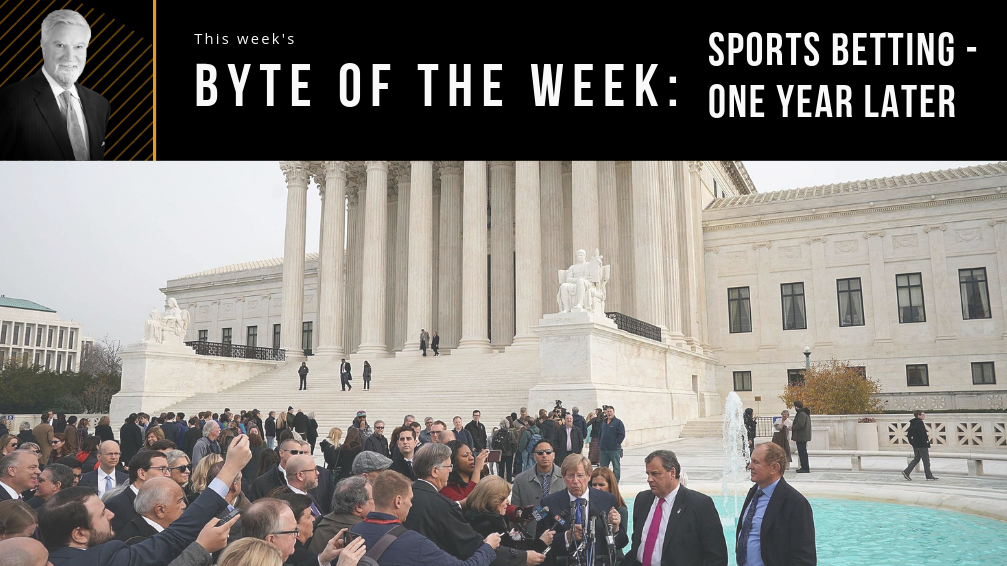It’s been one year since the Supreme Court overturned PASPA and sports gambling has been legalized in 10 new states with a dozen or so states moving forward toward legalization.
The early revenue results have been disappointing in all but one state. Only New Jersey has exceeded its revenue projections, and many believe the ability to place a bet from a mobile device has been the big reason why New Jersey has done so well. It is clear that states will have to rethink their casino-based sports betting strategies in order to maximize revenue.
Along with mobile betting, there has been a strong push to allow for the increasing popular “proposition bets or prop bets” which are bets placed on an occurrence during the game (a free-throw or a field goal) and not on the outcome of the game itself.
Our ADs are very concerned about the mobile accessibility of sports gambling and prop bets because they pose increased compliance and corruption risks for our schools.
There is solid consensus among the NCAA and the professional leagues that federal legislation will be needed to bring a coordinated approach to regulating sports betting. As Adam Silver, the Commissioner of the NBA said at a lunch last week in Washington, “It is very difficult and expensive to comply with 50 different state regulatory regimes for sports betting. Further, there will be little or no coordination between these states to prevent corruption.”
Unfortunately, getting federal legislation passed is no small feat and it often takes a scandal for Congress to act. It would be regrettable if the catalyst for such legislation was a gambling scandal.






